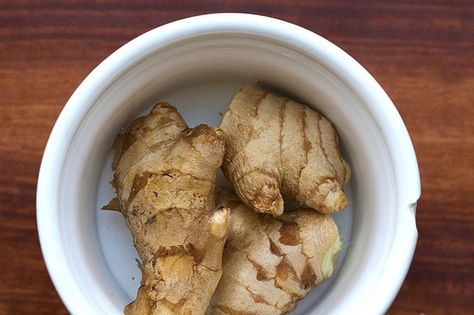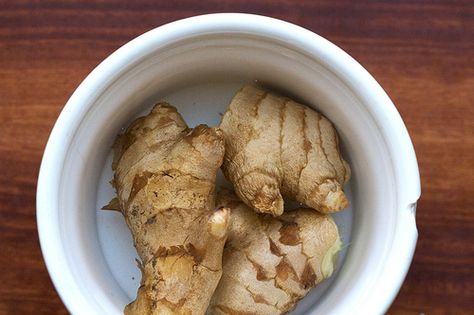
Ginger is renowned for its health benefits, from improving digestion to reducing inflammation and boosting immunity. However, consuming ginger at the wrong time or in inappropriate amounts can sometimes do more harm than good. To maximize its benefits and avoid potential side effects, it’s important to know when not to consume ginger.
1. On an Empty Stomach (For Some People)
For those with sensitive stomachs, eating ginger on an empty stomach can cause discomfort. The spiciness and strong compounds in ginger can irritate the stomach lining, leading to:
- Heartburn
- Nausea
- Digestive upset
Who Should Avoid Ginger on an Empty Stomach?
- People prone to acid reflux or heartburn.
- Those with gastritis or ulcers.
2. Before Surgery or While on Blood-Thinning Medications
Ginger has natural blood-thinning properties. While this can be beneficial in preventing clots, consuming it before surgery or while on blood-thinning medications can increase the risk of excessive bleeding.
Avoid Ginger If:
- You’re scheduled for surgery within 1–2 weeks.
- You’re taking medications like aspirin, warfarin, or other anticoagulants.
3. During Pregnancy (Excessive Amounts)
Ginger can help alleviate morning sickness, but excessive consumption during pregnancy may lead to complications. Too much ginger can:
- Increase the risk of bleeding during labor.
- Stimulate uterine contractions in high doses.
Safe Use for Pregnant Women:
- Limit ginger to 1 gram daily (about 1/2 teaspoon grated ginger).
- Always consult a doctor before adding ginger supplements or teas during pregnancy.
4. Before Bedtime
While ginger is excellent for digestion and calming nausea, its energizing properties might disrupt your sleep if consumed too close to bedtime. Ginger can:
- Increase body temperature, making it harder to fall asleep.
- Trigger indigestion if taken in large amounts late at night.
Better Timing:
- Enjoy ginger tea earlier in the evening for relaxation.
5. If You Have Gallstones
Ginger stimulates bile production, which is usually a good thing. However, for individuals with gallstones, this can aggravate symptoms or cause pain.
Avoid Ginger If You:
- Have been diagnosed with gallstones.
- Experience discomfort after consuming spicy or bile-stimulating foods.
6. In Large Quantities (At Any Time)
Consuming too much ginger can lead to adverse effects such as:
- Heartburn and acid reflux.
- Bloating and gas.
- Diarrhea due to its stimulating effects on the digestive system.
Safe Limit:
- Stick to 3–4 grams of fresh ginger daily or about 1 teaspoon of powdered ginger.
Key Takeaways to Protect Your Health
- Avoid ginger on an empty stomach if you have a sensitive stomach.
- Steer clear of ginger before surgery or while on blood-thinning medications.
- Use ginger in moderation during pregnancy and consult your doctor first.
- Avoid large amounts before bedtime to ensure restful sleep.
- If you have gallstones, ginger may not be suitable for you.
By understanding when not to consume ginger, you can safely enjoy its health benefits without putting your well-being at risk. Always listen to your body, and if in doubt, consult with a healthcare professional. 🌿🧡




